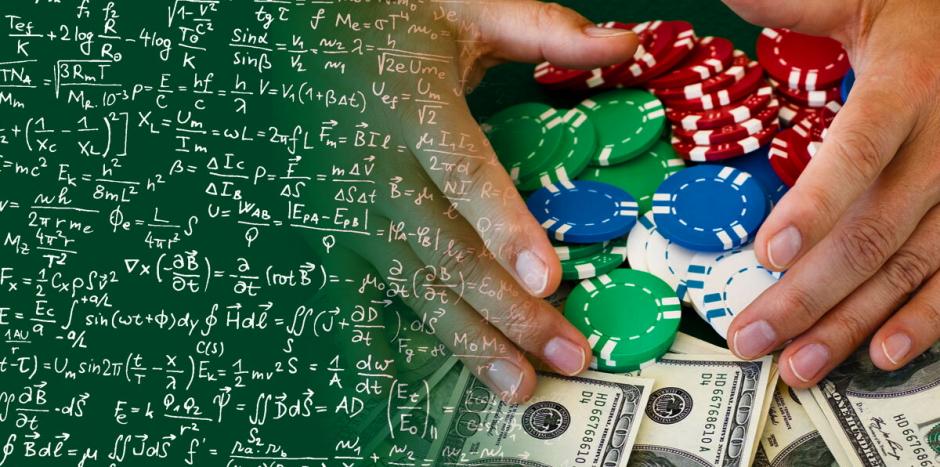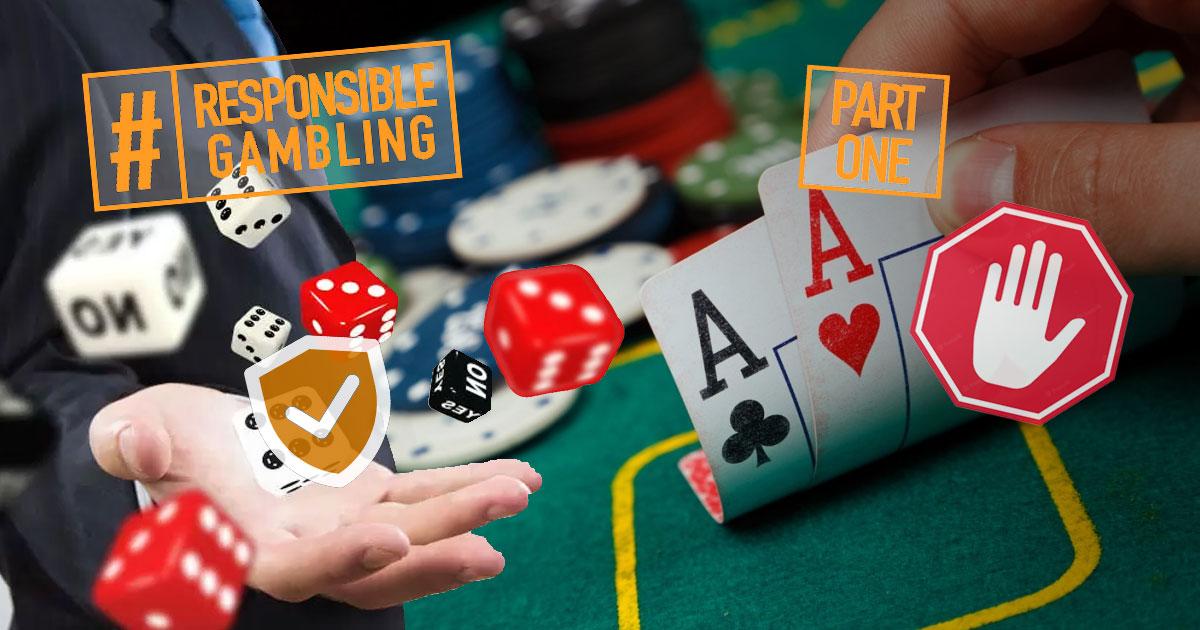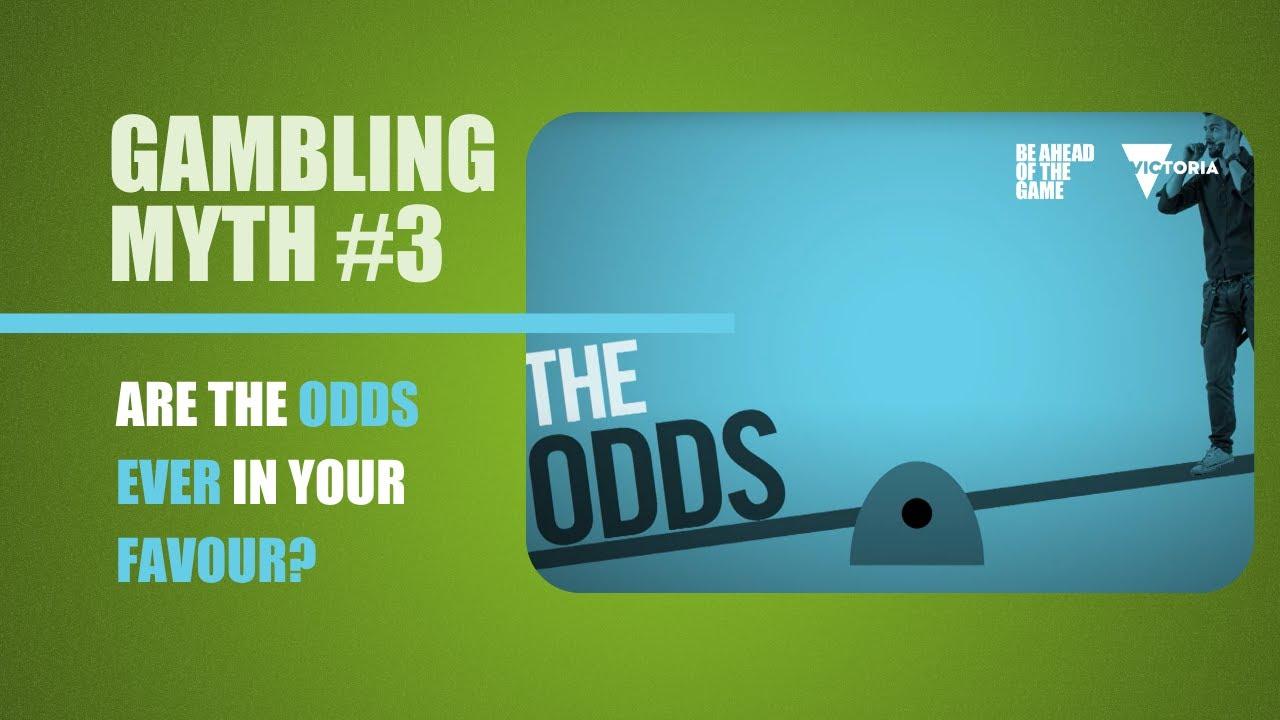In the shimmering world of chance and luck, where the thrill of the game and the allure of winning often intertwine, myths and misconceptions abound. From grand casinos to casual poker nights, gambling has long been a source of fascination, drawing players into its enigmatic embrace. Yet, beneath the glittering surface lies a labyrinth of beliefs—some rooted in truth, others steeped in fiction. In this exploration of ”Gambling Myths Unraveled,” we embark on a journey to distinguish the fact from the fiction, to peel back the layers of commonly held beliefs, and to shine a light on the science and psychology that underpin these captivating narratives. Join us as we sift through the sands of speculation, revealing insights that could change the way you approach the game, and perhaps even your fortune.
Gambling Probability Deconstructed: Understanding Odds and Risk
When diving into the world of gambling, odds play a pivotal role in determining outcomes. Understanding the basic principles of probability can illuminate the often-misunderstood mechanics behind games of chance. For example, when flipping a coin, the probability of landing heads or tails is 50/50. Similarly, in casino games, each outcome is influenced by mathematical odds, which can be expressed as fractional, decimal, or moneyline formats. Recognizing how these odds work is crucial for players seeking to make informed decisions rather than relying on luck.
Moreover, risk assessment in gambling extends beyond statistical probabilities. Different games have distinct risk levels influenced by factors such as the house edge, player skill, and game mechanics. Consider the following elements that can affect your chances:
- House Edge: The built-in advantage that casinos have over players, affecting long-term payouts.
- Player Skill: Certain games like poker or blackjack allow skilled players to leverage strategy and decision-making.
- Game Variance: The volatility associated with games which impacts how often a player can expect to win.
| Game | House Edge (%) | Skill Factor |
|---|---|---|
| Roulette | 5.26 | Low |
| Blackjack | 1.5 | High |
| Slots | 2-15 | None |

Busting the Hot Hand Fallacy: Analyzing Streaks in Gaming
In the realm of gaming and gambling, many players are enticed by the allure of streaks—where a player seems to be on a winning or losing run. This phenomenon is often romanticized as the “hot hand”, where individuals believe that a player who has had success on previous bets is more likely to continue winning. This belief can significantly skew decision-making during gameplay, leading to increased risk-taking based on the false assumption that past performance is indicative of future outcomes. However, statistics and probabilistic principles indicate that each outcome is generally independent, and the idea of a player being “hot” is more psychological than mathematical.
To further highlight this misconception, consider the following points:
- Independence of Events: The outcome of each game or hand in many gambling scenarios is statistically independent.
- Randomness: Streaks often occur simply due to chance, with no bearing on future outcomes.
- Confirmation Bias: Players tend to remember wins over losses, reinforcing the myth of the hot hand.
Understanding these factors can help players make more informed decisions, steering clear of the pitfalls associated with believing in the hot hand fallacy. A table summarizing the key differences between the hot hand belief and actual probability can provide additional insights:
| Hot Hand Belief | Actual Probability |
|---|---|
| Winning streaks suggest ongoing success. | Every game is a separate event with the same odds. |
| Past performance influences future probabilities. | Statistical independence renders past events irrelevant. |
| Players often chase losses after a bad streak. | Resisting this urge leads to better long-term results. |

The House Edge Explained: How Casinos Maintain Their Advantage
The concept of a house edge is fundamental to understanding how casinos operate and profit from gambling. Every game in a casino is designed with a built-in advantage for the house, which ensures that over time, the casino will always come out ahead. For example, in games like blackjack, even though players can employ strategies to improve their odds, the rules themselves favor the dealer, creating a slight edge that, when multiplied by the number of games played, results in substantial profits for the casino. The house edge varies by game and can range from as low as 0.5% in blackjack to over 25% in some slot machines, demonstrating how critical it is for players to be aware of these statistics when choosing where to place their bets.
Understanding the mechanics behind the house edge can help dispel common myths surrounding gambling. Some players may believe that choosing certain machines or tables can alter the house advantage, but in reality, each game operates independently, and the odds remain constant. Here are some key points to consider:
- Randomness: Most casino games rely on random number generators (RNGs) to ensure fairness and unpredictability.
- Returns: Slot machines display a return to player (RTP) percentage, indicating the proportion of wagered money the machine will return to players over time.
- Game Choice: Opting for games with a lower house edge can improve your chances, but the house advantage is never completely eliminated.

Responsible Gambling Practices: Tips for Sustainable Play
Engaging in gambling can be an exhilarating experience, but it’s essential to prioritize responsible gambling to ensure it remains enjoyable and safe. One fundamental practice is to set a budget before you start playing. This simple step allows you to determine how much money you are willing to spend and stick to that limit, helping prevent overspending. Additionally, consider establishing specific time limits for your gambling sessions. By only playing for a set amount of time, you can avoid falling into the trap of extended gameplay, which can lead to increased spending and potential regrets.
Moreover, maintaining awareness of your emotions while gambling is key to sustainable play. Recognize when you might be feeling overly excited or frustrated, as these emotions can cloud judgment and lead to impulsive decisions. It can be beneficial to take frequent breaks to reassess your state of mind and finances. In instances where gambling starts to feel less like entertainment and more like a necessity, it may be time to reevaluate your habits. To further enhance responsible gaming, you might explore resources offered by gaming organizations that promote safe practices, including self-exclusion programs and support networks.
The Conclusion
As we draw the curtain on our exploration of gambling myths, it becomes clear that separating fact from fiction is not merely an intellectual exercise, but a critical pursuit for anyone engaging in games of chance. The allure of quick wins and dubious wisdom can cloud judgment, leading both casual players and seasoned gamblers into a labyrinth of misconceptions. By dismantling these myths, we’ve not only illuminated the truths behind games of luck but have also empowered ourselves with knowledge that enhances our decision-making.
In this journey through the world of gaming superstitions and alluring falsehoods, we’ve uncovered that whether it’s the belief in lucky charms or the idea of “hot” and “cold” machines, evidence often tells a different story. What remains is the importance of informed play—understanding the odds, embracing responsible gaming, and ultimately enjoying the thrill without falling prey to misguided beliefs.
So, as you step back into the vibrant universe of gambling, carry with you the insights gleaned from this discussion. Let facts guide your experience, and allow the myths to fade into the background, where they belong. Remember, knowledge is not just power; in the realm of gambling, it’s your best bet.
